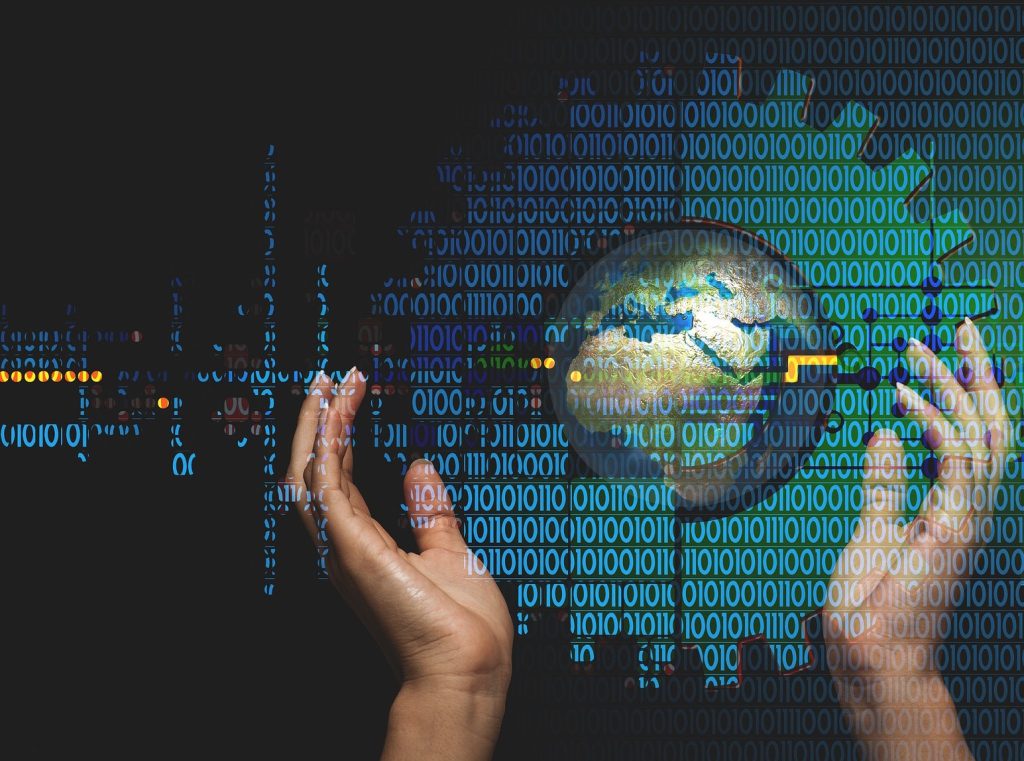Enabling the Implementation the EU Action Plan for Digitalisation of Energy
Accountable Energy Use & Sustainable Energy, in this Digital Age
As per the rapid evolution of the geopolitical situation, nowadays we are all quite aware of the need to transforming our energy systems. This requires a holistic approach, as it encompasses environmental, societal, cultural, personal economic and technological aspects.
In the EU, (A) the ‘Fit for 55’ climate-centric green transition package, (B) the ‘Fit for the Digital Age’ people-centric digital transformation package as well as (C) the combined ‘Twin Green & Digital’ transition package, are separately and collectively addressing the various societal challenges linked to accountable energy use, energy efficiency, energy security, and the availability of affordable, sustainable energy sources, production, and storage systems, grids and distribution.
These packages put both emphasis on enabling and empowers people, planet and society at large to actively participate in the energy transition, as well as to explore where and when digitisation makes sense and can enable, achieve and sustain the objectives and targets related to Fit for 55 and Fit for the Digital Age.
The SYNERGIES Project is supporting these, in particular by shaping consumer-inclusive data pathways towards the energy transition, through a reference energy data space implementation via various pilots. Said otherwise, it focuses on (A) data, data value models, data spaces and data-enriched innovation, and (B) people-centricity, inclusiveness and societal trust, to help making this energy transition – and twin green and digital transition – possible.

Action Plan for Digitalisation of Energy in Europe
The Twin Green and Digital Transition calls for a better-functioning, smart, integrated and interconnected energy system, where new business models can emerge in a fast-changing market. In October 2022, in addition to the emergency interventions to tackle high energy prices, the Commission adopted the Digitalising the Energy System EU Action Plan, a system-wide digitalisation energy action plan that aims to contribute to the EU energy policy objectives by supporting the development of a sustainable, (cyber)secure, transparent and competitive market for digital energy services, ensuring data privacy and sovereignty, and supporting investment in digital energy infrastructure.
The plan highlights how new technologies can help improve the efficient use of the energy resources, facilitate the integration of renewables into the grid, and save costs for EU consumers and energy companies. It further aims to ensure that digitalisation of the energy is fully part of the green energy transition in addition to being consistent with the Digital Decade 2030 objectives and targets.
- The plan’s key actions to digitalise the EU’s energy system are: Helping consumers increase control over their energy use and bills through new digital tools and services;
- Controlling the energy consumption of the ICT sector, including through an environmental labelling scheme for data centers, an energy label for computers and measures to increase transparency on the energy consumption of telecommunication services, and;
- Strengthening the cybersecurity of energy networks through new legislation, including a Network Code for cybersecurity aspects of cross-border electricity flows.
Data as Common Denominator
In the Digital Age, data is one of the main common denominators. It is a dynamic dimension that is relevant everywhere in this Digital Age. It is omnipresent. It can bring huge opportunities, benefits and gains. It is therefore high time that people, society and organisations in any sector start to organise themselves to grab this potential, in an European and collaborative way.
With data, information (being, structured data) and knowledge (being used information and data) finally established a such common denominator, one can place people, planet and society at the center, as set forth below in the visual.

February 2023. Blog by Arthur’s Legal, Strategies & Systems, consortium partner of the SYNERGIES project.


